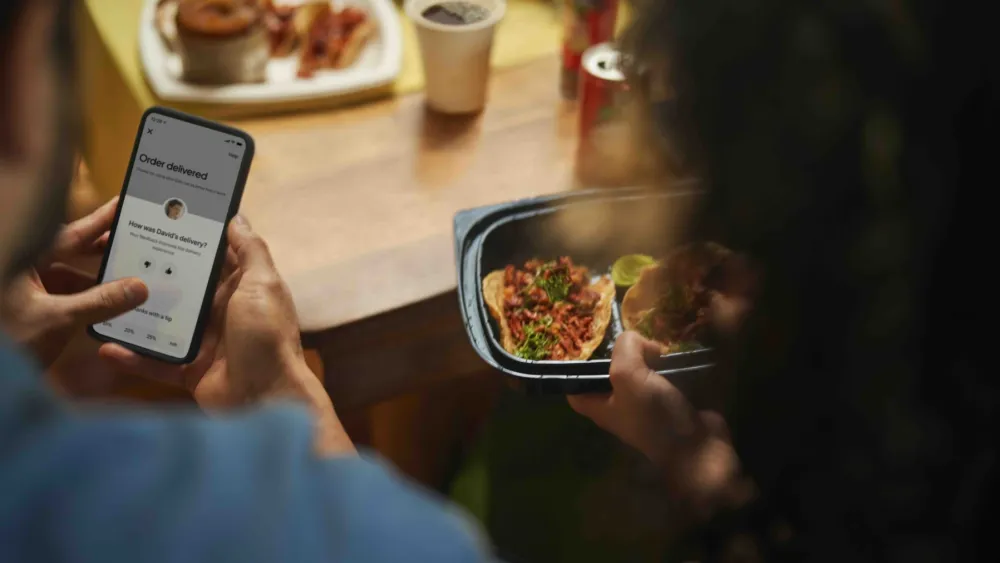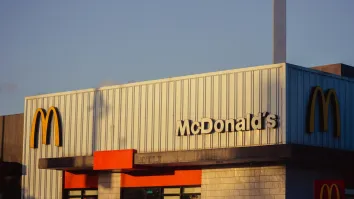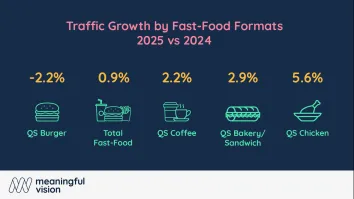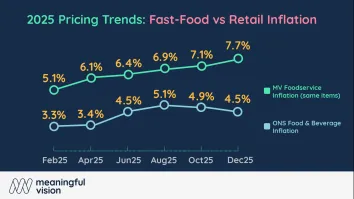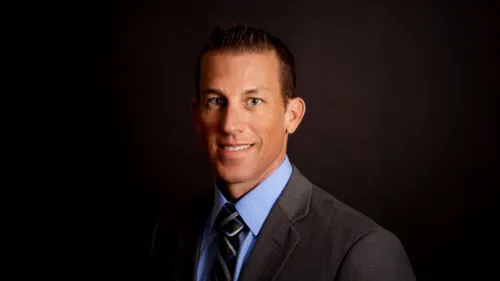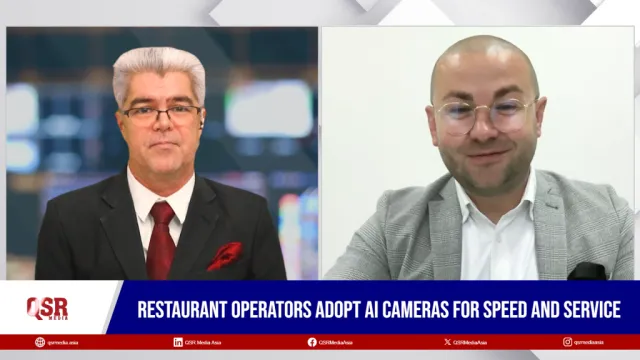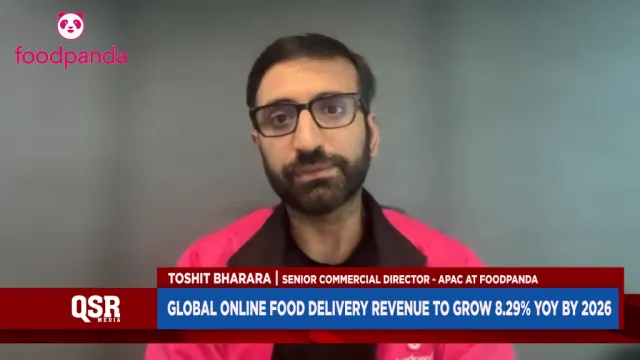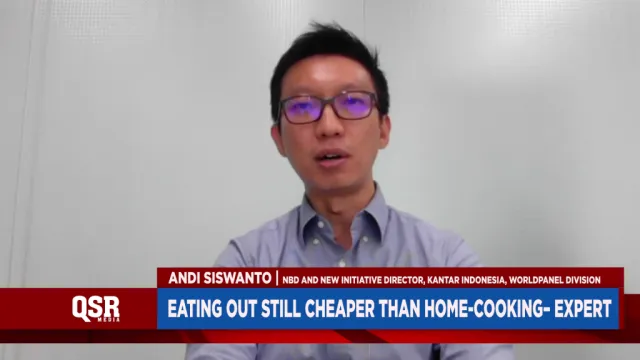
Solving Insurance Headaches Across the QSR Spectrum
By Gemma ManleyIndependent owners face hidden gaps and costly surprises.
In the fast-paced world of Quick Service Restaurants (QSRs), risk isn’t an occasional concern—it’s woven into daily operations. Fires, equipment breakdowns, cyber incidents, food contamination, third-party delivery mishaps—the list is long and growing. And yet, far too many QSR businesses, whether independents, franchisors, or multi-site groups, continue to rely on generic insurance policies that don't reflect the realities of their work.
For independent owners, insurance often feels like a box to tick. Time and budget pressures mean decisions are made quickly, with little room to question exclusions or assess whether a policy truly covers what matters. When something goes wrong—a power outage spoils stock, a fryer fire shuts down the kitchen, or a data breach compromises customer details—owners are left to discover the hard way that coverage may fall short.
Multi-site groups face a different challenge: scale. With multiple locations comes the complexity of managing consistent protection across sites. Inadequate business interruption cover can leave some venues overexposed. Staff turnover, varying local regulations, and inconsistent safety protocols across sites can all lead to elevated risks and costly claims. A single event—like a cyberattack or product recall—can ripple across the entire network, testing both operational resilience and brand reputation.
Franchisors, meanwhile, are operating in an entirely different risk environment. They’re responsible for maintaining brand standards, supporting franchisees, and protecting intellectual property, all while navigating a growing web of contractual obligations. A misstep in one location—whether related to food safety, employee conduct, or delivery-related liability—can damage brand trust across the system. Standard commercial policies rarely account for the layered responsibilities franchisors carry, particularly when it comes to reputational risk or coverage disputes between franchisees and the corporate entity.
Across all QSR segments, the industry itself is changing. With 24/7 operations, app-based ordering, gig economy logistics, and increasingly digital infrastructures, exposure is no longer just physical—it’s digital, legal, and reputational. Traditional policies haven’t kept up with this evolution, and many operators don’t realize the gaps in their coverage until after a claim is denied.
The solution isn’t simply more insurance—it’s better-aligned insurance. That means structuring protection based on how your business actually runs. It requires identifying vulnerabilities early, understanding the risks unique to your model, and implementing strategies to reduce both the likelihood and impact of claims. Strong insurance design, backed by proactive risk management, can protect profitability, support compliance, and even drive down premiums over time.
Of course, getting there requires more than ticking boxes at renewal time. It means working with a broker who understands how QSR businesses operate—from the day-to-day pressures of a single-store owner to the governance complexity of a franchised system.
That’s where a specialist insurance brokerage, plays a crucial role—helping QSR operators across all scales align insurance with operational reality, reduce risk, and build lasting resilience.
If your current coverage feels off the rack, it might be time to tailor something that fits.


